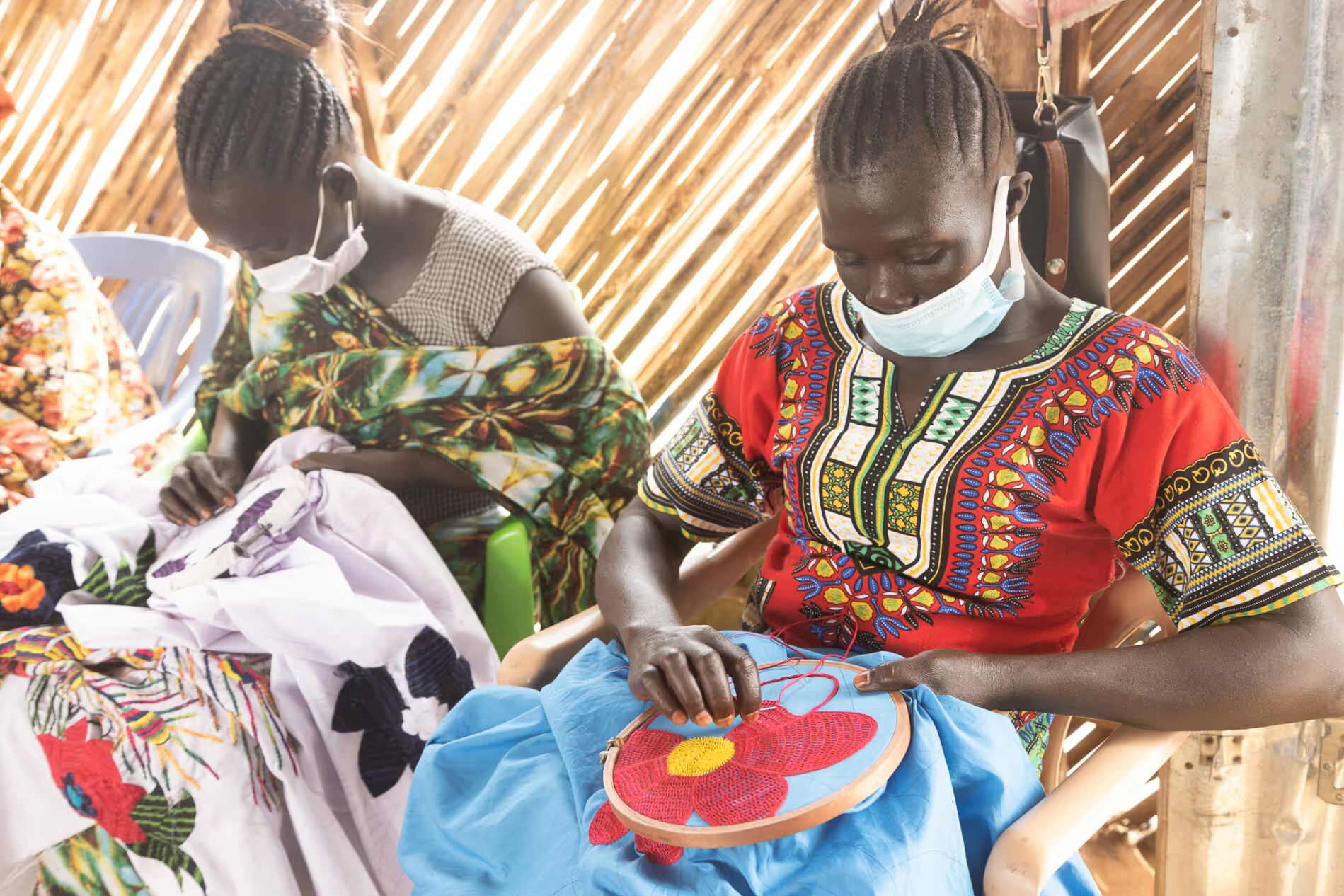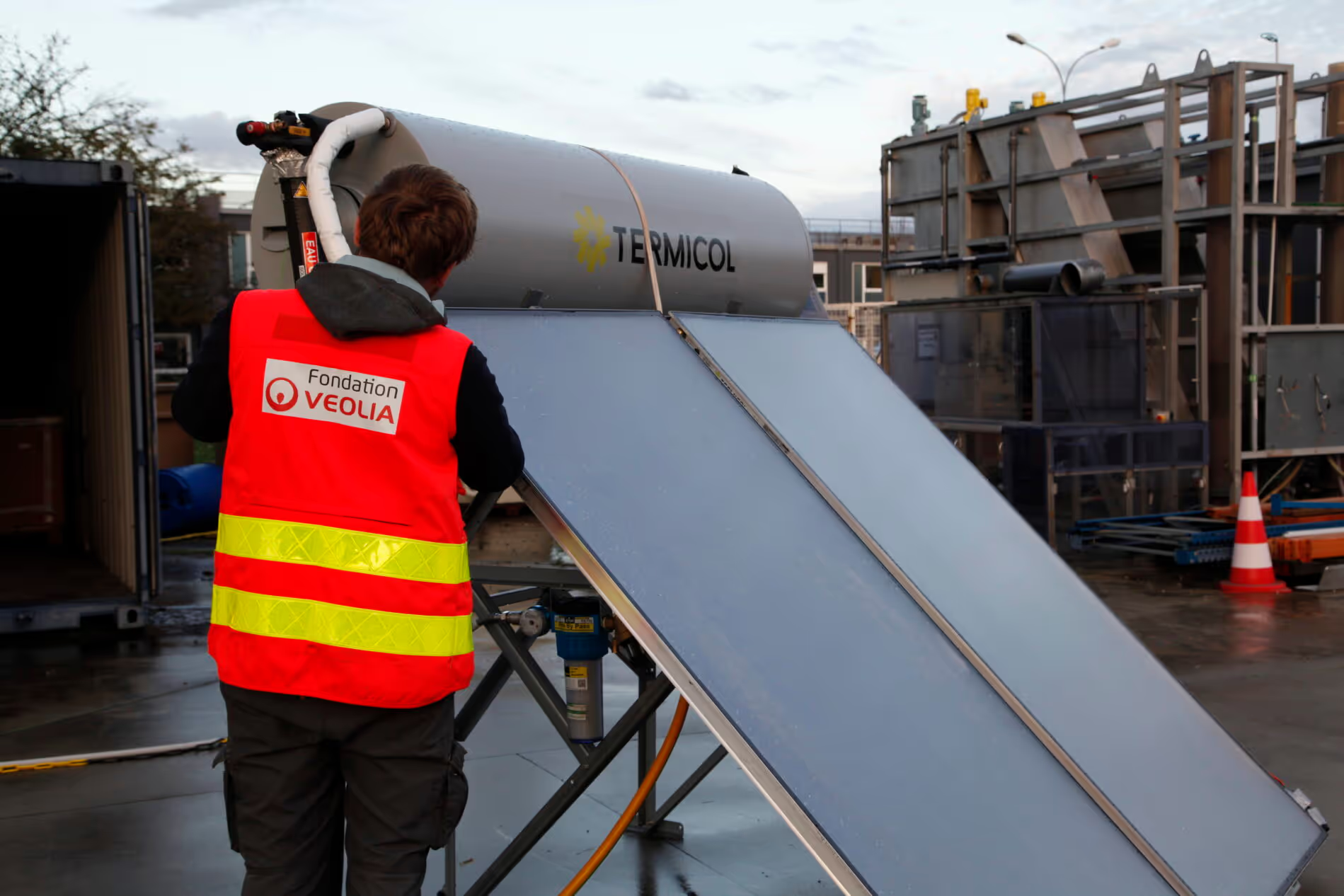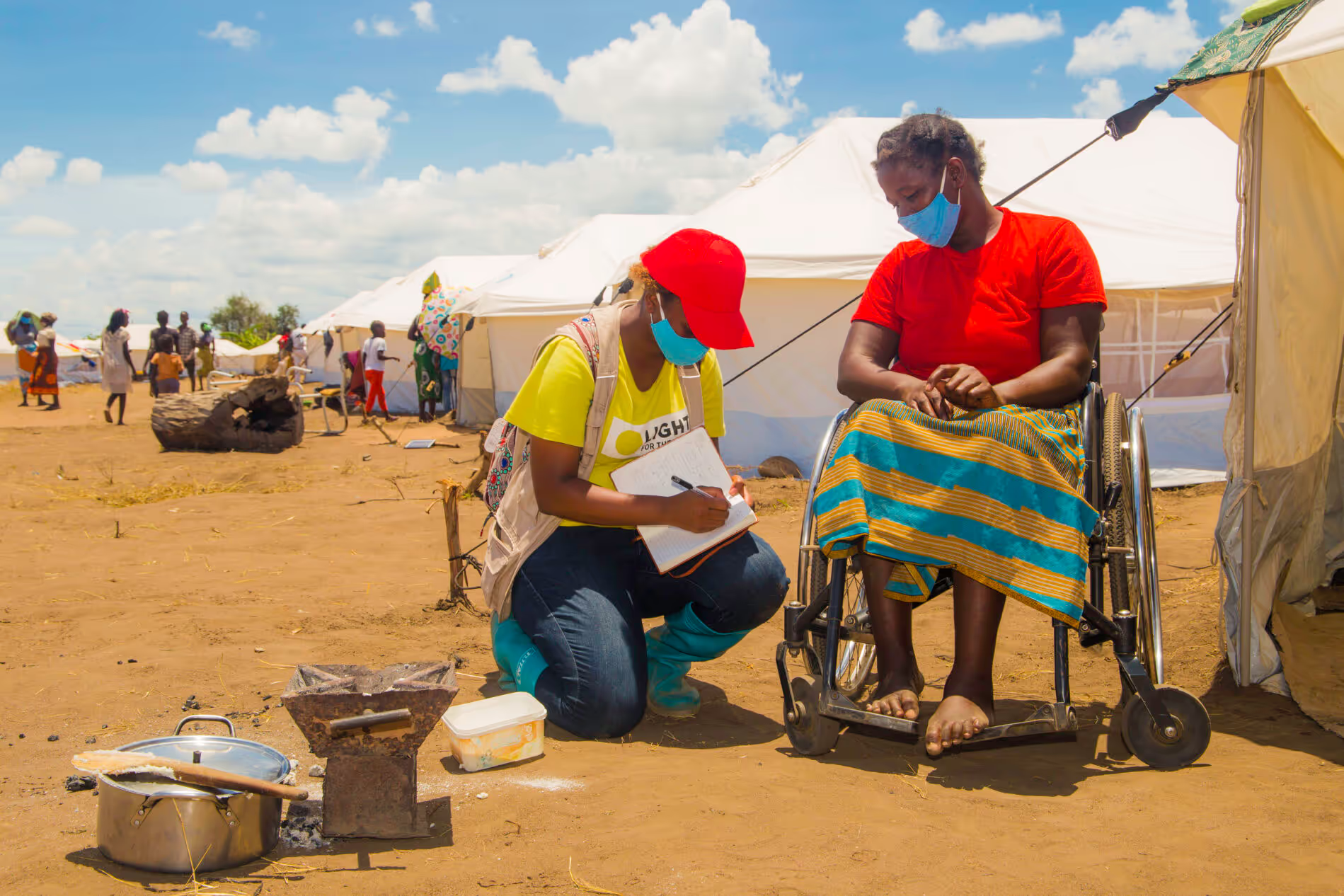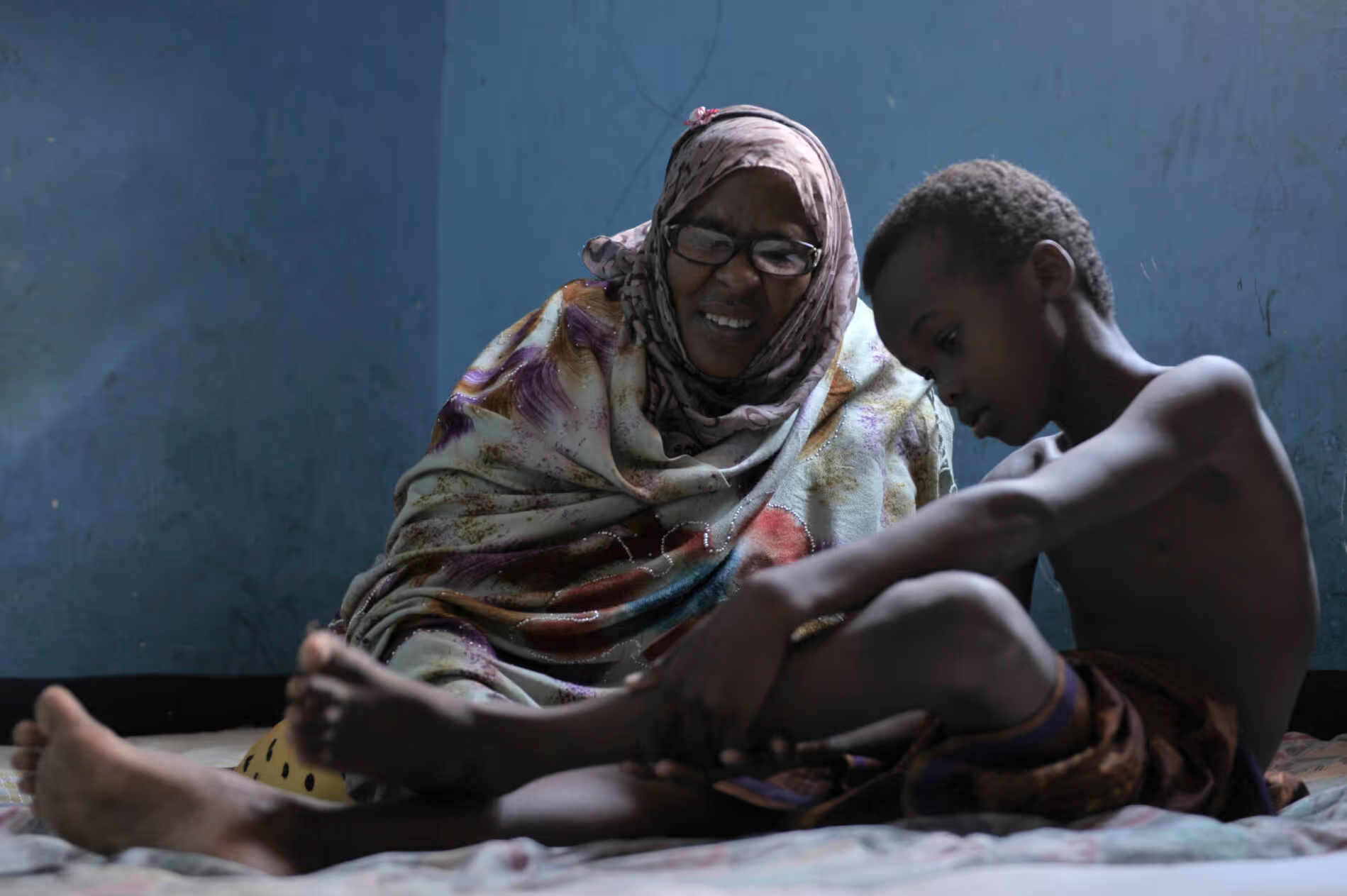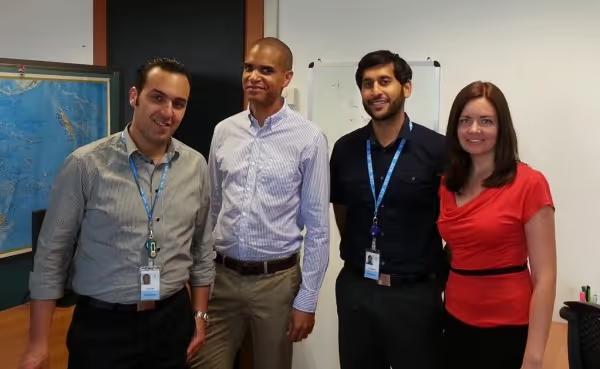mVAM: piloting mobile voice technology for household food security data collection
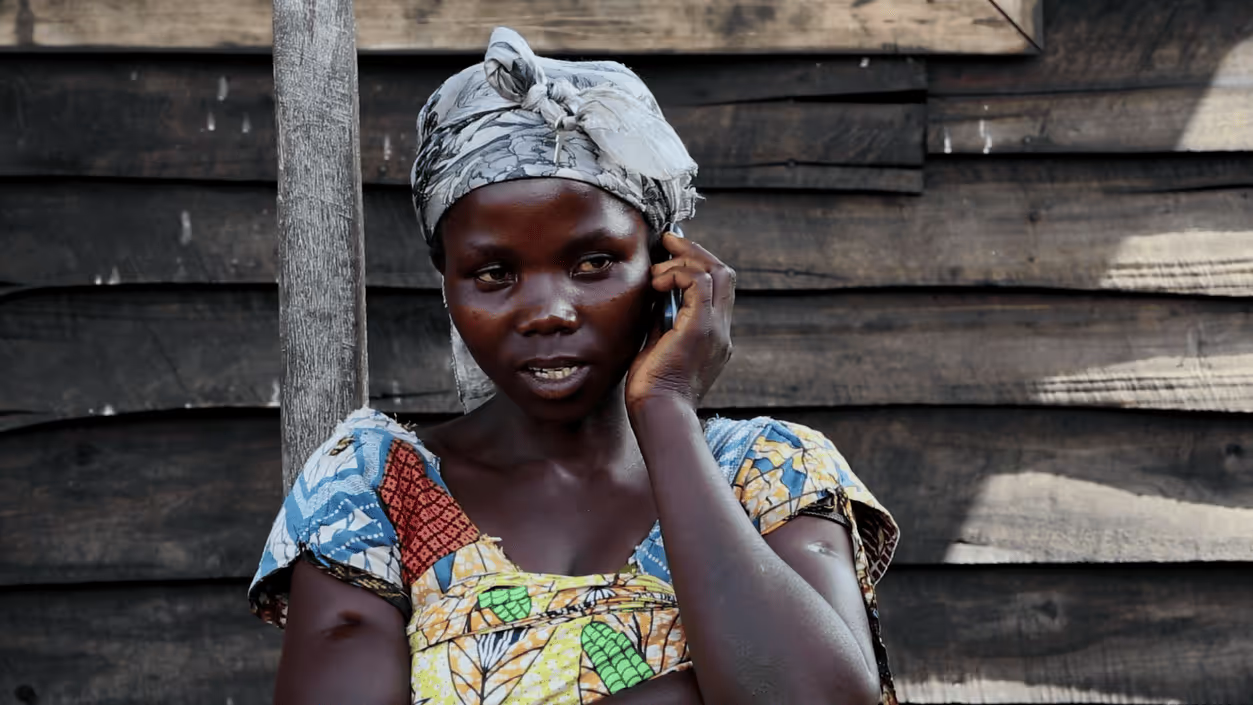
Project overview
The mVAM – ‘mobile Vulnerability Analysis and Mapping’ project provides the use of voice technology for household food security data collection. It is expected that mVAM would lead to a leap in time and cost-efficiency of data collection.
Project solution
This project offers [specific solution or intervention] to tackle [challenge]. By implementing [strategies, tools, or innovations], the project aims to achieve [desired outcomes]. The approach is designed to [specific actions or methods] to bring about meaningful change in [community, region, or issue area].
Expected outcomes
This project aims to achieve [specific outcomes], such as [measurable results, improvements, or changes]. The expected impact includes [benefits to the target community, advancements in research or innovation, or long-term effects]. By the end of the project, we anticipate [specific changes or milestones] that will contribute to [broader goals or objectives].
The mVAM – ‘mobile Vulnerability Analysis and Mapping’ project provides the use of voice technology for household food security data collection. It is expected that mVAM would lead to a leap in time and cost-efficiency of data collection.
WHAT IS THE HUMANITARIAN NEED?
- High cost and cumbersome implementation of primary data collection from households for humanitarian needs assessments.
WHAT IS THE INNOVATIVE SOLUTION?
mVAM provides for the use of mobile voice technology for the collection of household food security data. The mVAM approach will allow a more precise understanding of time and cost-efficiency of voice relative to existing face-to-face methods of collecting data. Data collected through voice will feed into established information systems by providing additional, real time data for humanitarian decision making.
WHAT ARE THE EXPECTED OUTCOMES?
The mVAM approach is expected to increase cost-effectiveness and timeliness of data collection for short periodic surveys, such as WFP’s regular Food Security Monitoring Systems (FSMS) that track trends over time.
The expected key deliverables and impact are to:
- Develop and configure the mVAM Interactive Voice Response (IVR) system.
- Compare cost-efficiency and speed of voice technology and face-to-face interviews for food security monitoring.
- Document lessons learned for using IVR to collect household food security data in humanitarian contexts.
Links
WFP mVAM Website
mVAM Guidance - VAM Resource Center
Project delivery & updates
Stay up to date with the latest developments from this project. Here, you will find details on what has been delivered, resources created, and regular updates as the project progresses. Access key documents, reports, and other materials to see how the project is making an impact.
Resources
Journal article
LEARN MOREJournal article
LEARN MOREReport
LEARN MOREReport
LEARN MORECase study
LEARN MORE


